Retiring with Debt: What You Need to Know
Retirement is often seen as a time of relaxation and financial freedom, but for many, carrying debt into retirement is becoming increasingly common. The question is: is it good or bad to retire with debt? And how many people are actually doing it? In this blog post, we’ll explore the implications of retiring with debt, the types of debt most retirees carry, and strategies for managing it effectively.
Is Retiring with Debt Good or Bad?
The answer to whether retiring with debt is a good or bad idea depends largely on your personal financial situation. For some, having manageable debt—such as a low-interest mortgage—may not significantly impact their retirement lifestyle. For others, high-interest credit card debt or large loan payments can eat away at their savings, making retirement much more stressful.
In general, entering retirement debt-free is the ideal scenario. With fewer financial obligations, retirees can live off their savings and fixed income sources (like Social Security) without worrying about regular debt payments. However, many retirees are finding themselves unable to achieve this debt-free dream.
How Many People Retire with Debt?
A growing number of Americans are carrying debt into retirement. According to a study by the Employee Benefit Research Institute (EBRI), over 77% of retirees between the ages of 65 and 74 carry some form of debt, with about 54% of retirees over 75 also in debt. This trend is due to a variety of factors, including longer lifespans, higher healthcare costs, and increased borrowing earlier in life.
Let’s break down the types of debt retirees are carrying.
Common Types of Debt in Retirement
Mortgages: Mortgages are one of the most common types of debt retirees carry. A 30-year mortgage can easily stretch into retirement years, especially if you bought or refinanced your home later in life. While mortgage debt is typically considered "good" debt because it's tied to an asset, it can still weigh heavily on a retiree’s monthly cash flow. If you’re paying a high-interest mortgage or still have a long-term commitment, it may be worth considering options like refinancing, downsizing, or even paying off the mortgage early if possible.
Credit Card Debt: Credit card debt is one of the most harmful types of debt to carry into retirement due to its high-interest rates. If you’re retiring with credit card debt, paying it down should be a priority. Carrying balances on high-interest cards can significantly reduce your savings and cash flow, making it harder to maintain your lifestyle in retirement.
Car Loans: Many retirees continue to finance their vehicles, either because they need reliable transportation or because they prefer not to pay cash upfront. While car loans generally carry lower interest rates than credit cards, they’re still a monthly obligation that can affect your retirement budget. If possible, it’s wise to pay off car loans before retirement or consider downsizing to a more affordable vehicle.
Medical Debt: Healthcare costs can increase significantly in retirement, and many older Americans find themselves saddled with medical debt. If you have medical bills from treatments, surgeries, or long-term care, this debt can quickly become overwhelming. Exploring options like Medicare coverage or negotiating payment plans with healthcare providers may help reduce this burden.
Parent Loans: It’s becoming more common for parents to take out loans to help finance their children’s education. These loans, such as Parent PLUS loans, can be a significant financial responsibility during retirement. If you’re still repaying these loans as you enter retirement, it’s important to factor them into your long-term budget.
Student Loans: Believe it or not, many retirees are still repaying their own student loans. Whether you took out loans later in life to further your education or have lingering balances from years ago, carrying student loan debt into retirement is a reality for many. Income-driven repayment plans or loan forgiveness programs may be options worth exploring.
Strategies for Managing Debt in Retirement
If you’re approaching retirement with debt, here are some strategies to help you manage it:
Create a Debt Repayment Plan: Before retiring, make a plan to tackle high-interest debt like credit cards and medical bills first. Prioritize paying off the debts with the highest interest rates while making minimum payments on lower-interest debt.
Consider Refinancing: For mortgages or car loans, refinancing to a lower interest rate or shorter term can help reduce monthly payments and save money in the long run. This is especially useful if you plan to stay in your home during retirement.
Downsize or Relocate: If your mortgage or housing expenses are a major financial burden, downsizing to a smaller home or relocating to a more affordable area can free up significant cash flow. Many retirees choose to move to states with lower taxes or cost of living to make their retirement dollars stretch further.
Live on a Budget: Budgeting is key in retirement, especially if you're dealing with debt. Create a realistic monthly budget that accounts for your income from Social Security, pensions, and savings, and factor in all debt payments. Living within your means can help you avoid accruing more debt.
Work Part-Time: Some retirees opt to continue working part-time or take on freelance work to boost their income. This can be a way to manage debt while still enjoying the flexibility of retirement.
Bottom Line: Is It Okay to Retire with Debt?
While retiring with debt isn’t ideal, it’s a reality for many Americans. The key is to ensure that your debt is manageable and doesn’t overwhelm your retirement savings or income. By taking proactive steps like paying off high-interest debt, refinancing, and living on a budget, you can still enjoy a fulfilling retirement—even with some debt.
If you’re nearing retirement and concerned about debt, now is the time to take action. Developing a plan can help ensure that your golden years are financially stable and secure.
Providers & Families Wealth Management, LLC, is a Registered Investment Advisor (RIA). Advisory services are offered through Providers & Families Wealth Management, an independent registered investment advisor. Registration does not imply a certain level of skill or training. The content on this site is for informational purposes only and should not be considered legal or financial advice. All investments carry risks, and past performance is not indicative of future results. Please consult with a qualified financial advisor regarding your specific situation.



